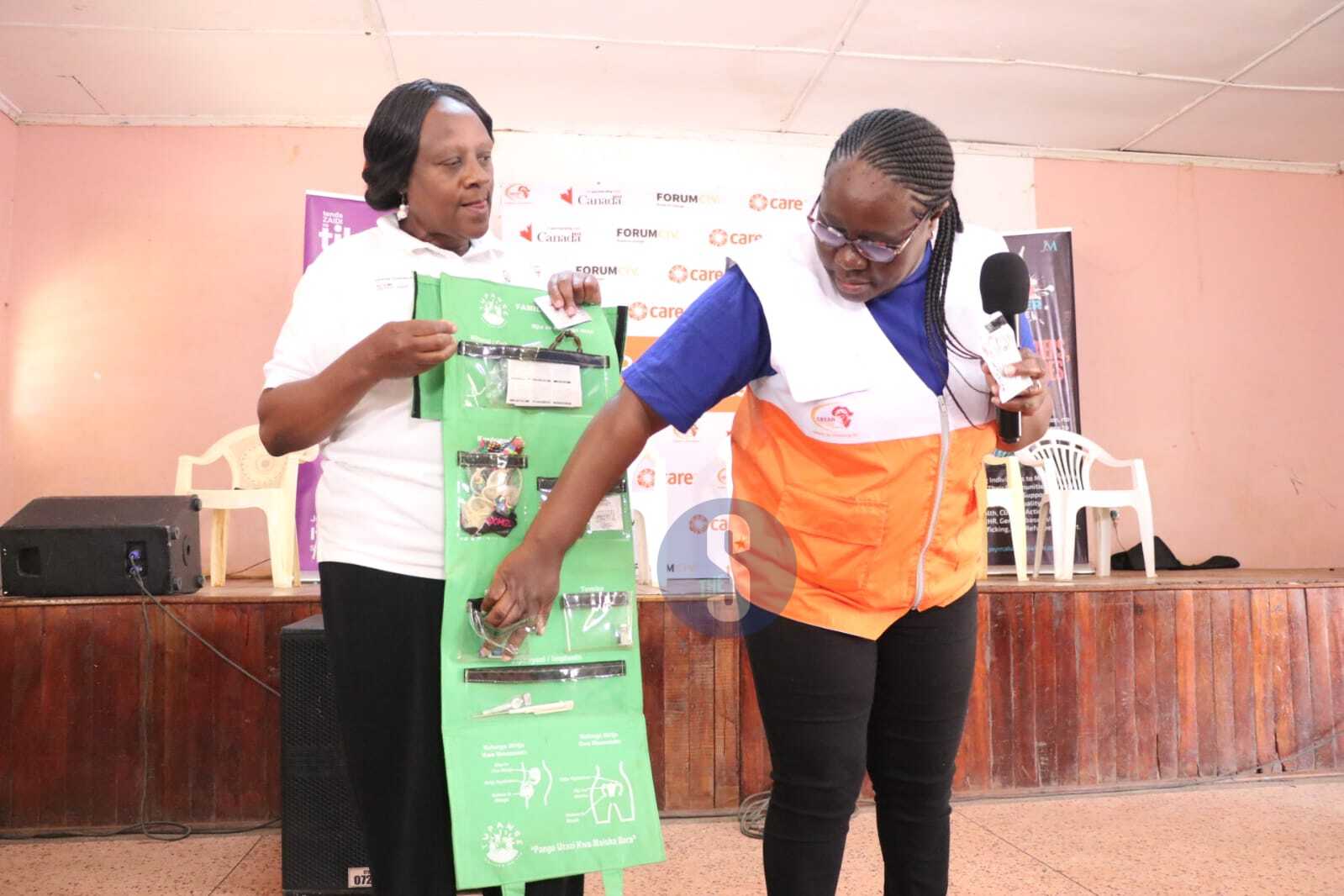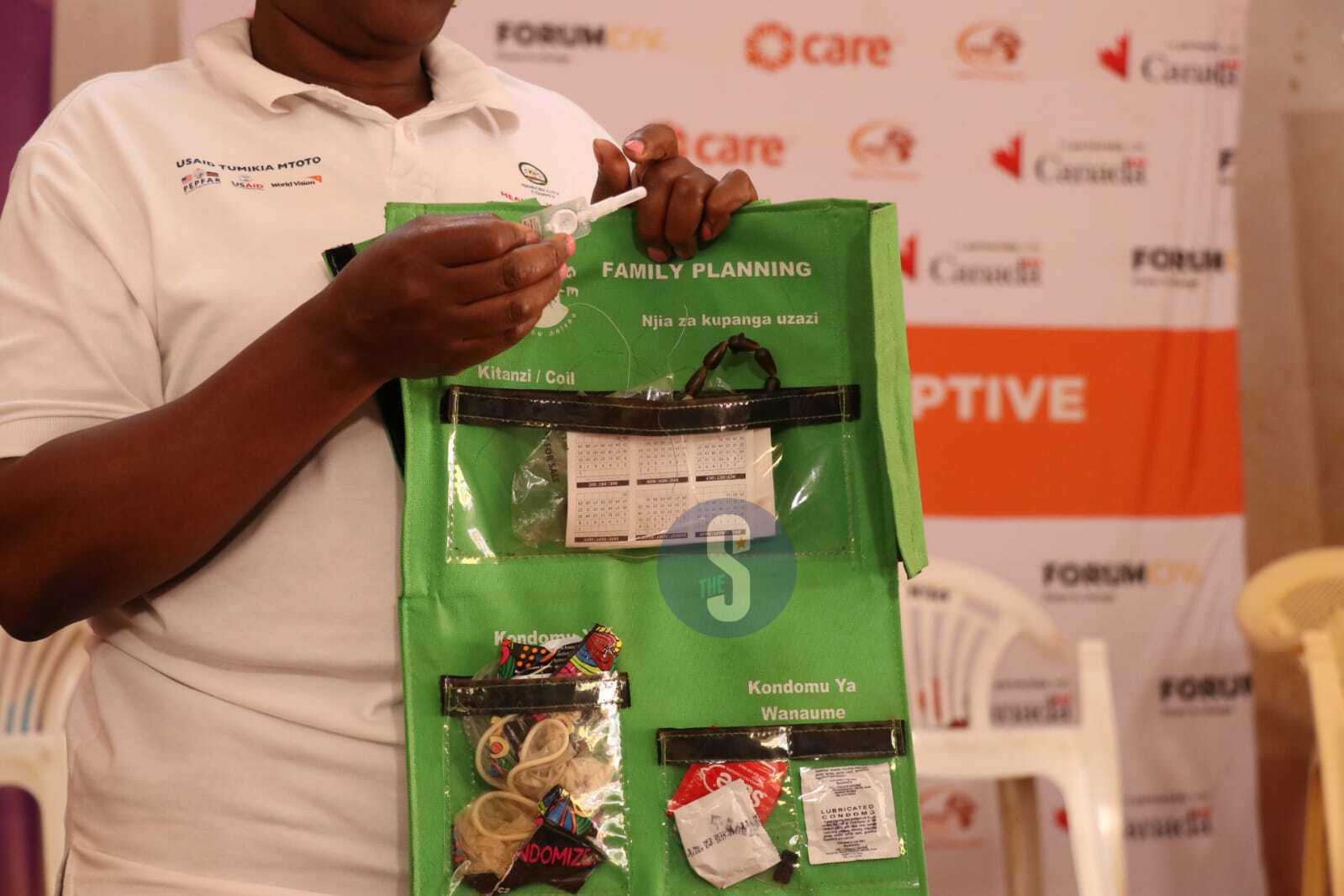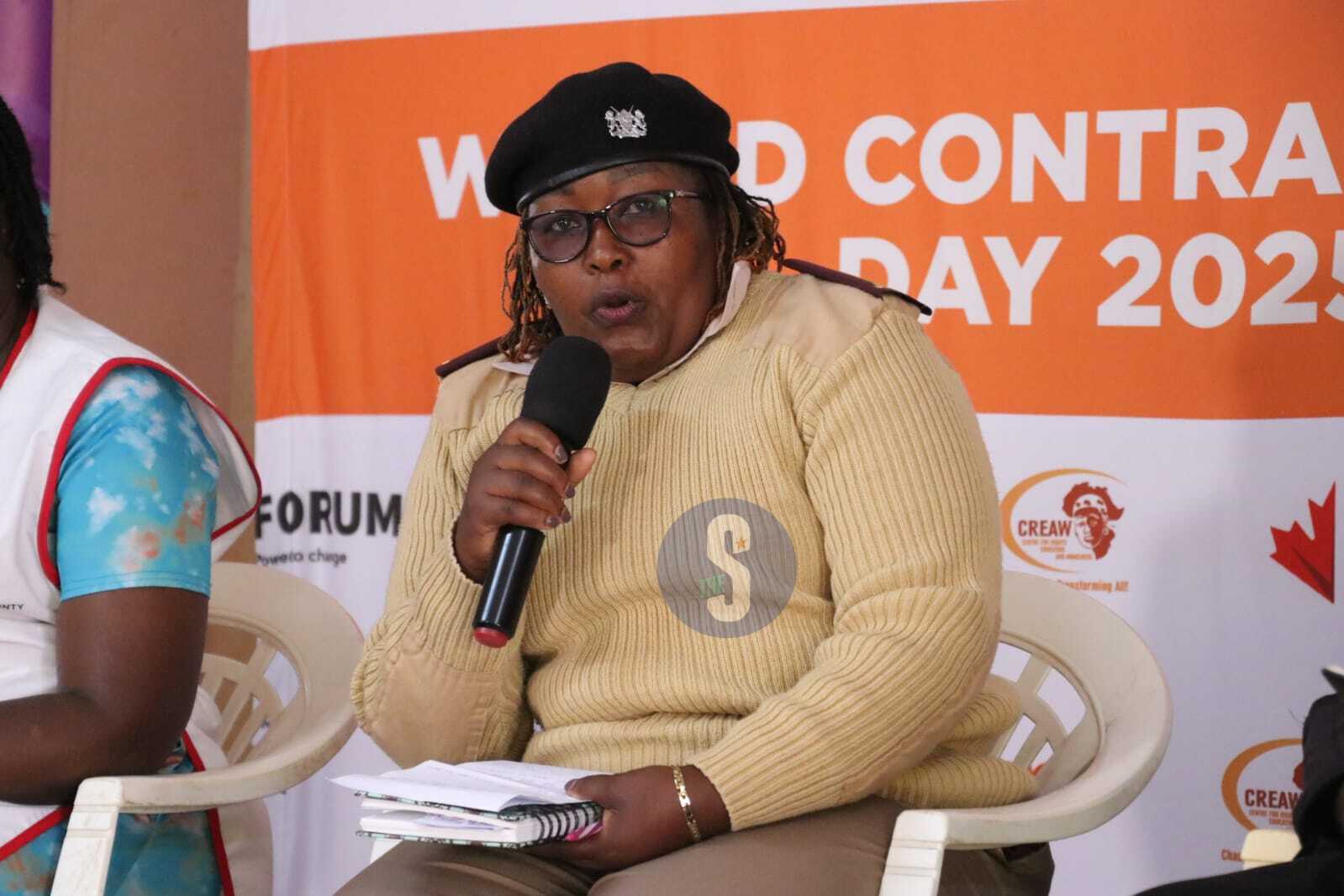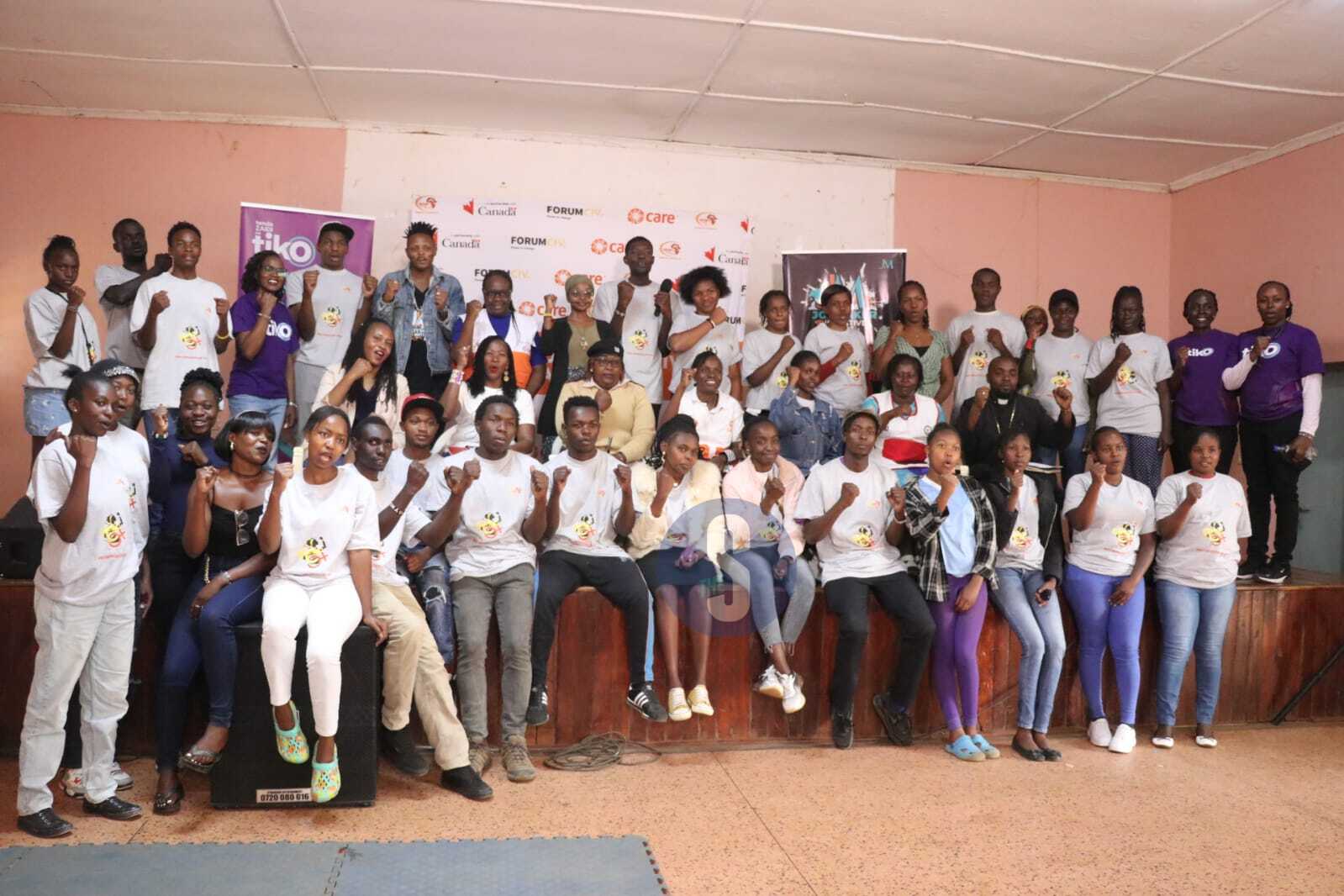
On Friday, September 26, Kenyans gathered at Waithaka Social Hall to mark World Contraceptive Day. The awareness event aimed to educate the public on contraceptive use and break the stigma surrounding reproductive health.
The event, organised by the Centre for Rights Education and Awareness (CREAW), brought together healthcare workers, community health promoters, young people, and local leaders.
Its goal was to provide accurate information about contraception and address misconceptions that drive high rates of unintended and teenage pregnancies.
Although contraception remains a taboo subject in many communities, attendees engaged openly as experts demystified various methods and encouraged informed decision-making.
“Contraceptive methods are not just for married people,” said Grace, a community health promoter (CHP) who led part of the session.
“They are also for young people who want to avoid unplanned pregnancies. Prevention is better than cure.” Grace outlined available options, including both short-term and long-term contraceptives for men and women.
These include hormonal methods such as pills, implants, IUDs, and injections, as well as non-hormonal options like male and female condoms. Permanent solutions such as tubal ligation and vasectomy were also discussed.
“Some people prefer short-term options, others long-term, and a small percentage choose permanent methods. What matters is access and choice,” she added.
According to CREAW, many adolescents in Kenya face barriers to modern contraceptives, contributing to the country’s high teenage pregnancy rates.
Data from 2018 show that of the 2.8 million women aged 15–19, about 665,000 wanted to avoid pregnancy, but more than half lacked access to contraception.
“Unmet need for contraception is a direct driver of the nearly 345,000 adolescent pregnancies reported annually in Kenya,” said a CREAW official at the event.
The Kenya Demographic and Health Survey (KDHS) further reports that 15% of adolescents become pregnant, while 59% of married and 42% of unmarried sexually active girls aged 15–19 do not use any form of contraception.
Healthcare workers at the event emphasised the need for continuous community engagement, including house-to-house education, peer-led initiatives, and youth-friendly services to combat stigma and misinformation.
Assistant Chief of Waithaka Location Nancy Wamboi acknowledged the social barriers young people face when seeking family planning services.
“We want young people to feel free to seek information without fear of judgment,” she said. “We’re working with community workers to link them to health facilities and hold barazas to sensitise parents and community members.”
The event concluded with a call for shared responsibility among communities, schools, families, and health institutions to empower young people to make informed reproductive health decisions.

 Different forms of contraceptives being showcased during World Contraceptive Day at Waithaka Social Hall on September 26, 2025/LEAH MUKANGAI
Different forms of contraceptives being showcased during World Contraceptive Day at Waithaka Social Hall on September 26, 2025/LEAH MUKANGAI
 Assistant Chief Nancy Wamboi speaking during World Contraceptive Day in Waithaka Social Hall on September 26, 2025/LEAH MUKANGAI
Assistant Chief Nancy Wamboi speaking during World Contraceptive Day in Waithaka Social Hall on September 26, 2025/LEAH MUKANGAI



















